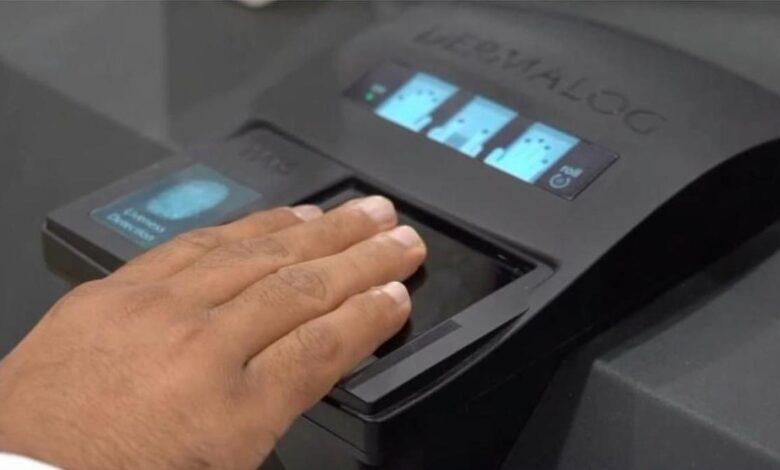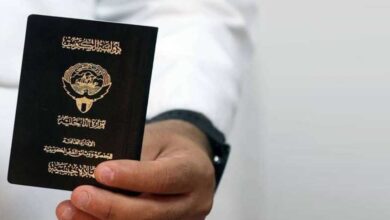Kuwait uncovers hundreds of fake deportees through biometrics
Security sources revealed that fingerprinting exposed residents, especially domestic workers and drivers, whose fingerprints matched those of individuals deported years ago, some over 20 years ago.

• Wanted and deported individuals were found to have returned to Kuwait with forged passports and different names. In many cases, the only matching feature was the photo on the passport, and the majority of these individuals were of Asian nationalities.
In light of the Ministry of Interior’s successful implementation of biometric fingerprinting, which has been collected from most citizens and residents, security sources revealed that hundreds of forgery cases were uncovered, where residents’ fingerprints matched those of individuals previously deported for various reasons, Q8-Press reported.
Security sources stated that “the fingerprinting process revealed the truth, as the fingerprints of some residents, particularly domestic workers and drivers, matched those of individuals who had been deported years ago—some more than 20 years ago. Wanted and deported individuals were found to have returned with forged passports and different names. In many cases, the only matching feature was the photo on the passport, and the majority of these individuals were of Asian nationalities.”
The sources further added, “Many citizens had been renewing their workers’ residencies as usual, and these workers were entering Kuwait and traveling on vacation with no restrictions. However, after the implementation of biometric fingerprinting, it was revealed that these workers had violated the regulations, resulting in a block on their files for failure to renew their residencies and their deportation from the country.”
The sources pointed out that “the violations were discovered thanks to the strict application of biometric fingerprinting and the quality control operations carried out by the General Department of Criminal Evidence and Identity Investigation. These operations identified the fingerprints of previous violators and revealed that they had been deported from the country. Their return occurred after their data and identities were tampered with—some underwent finger surgeries, while others resorted to burning or disfiguring their hands to prevent recognition of their previous fingerprints. Some even changed their country’s passport and obtained a new one under a different name, placing only the real photo on the passport. They relied on the fact that taking their fingerprints according to the old systems made it difficult to detect the forgery and falsification of their operations.”
The sources confirmed that “anyone whose identity is discovered through biometric fingerprinting will be deported, and no one will be exempt, even if their residency is valid and they have been renewing it regularly for several years.”












